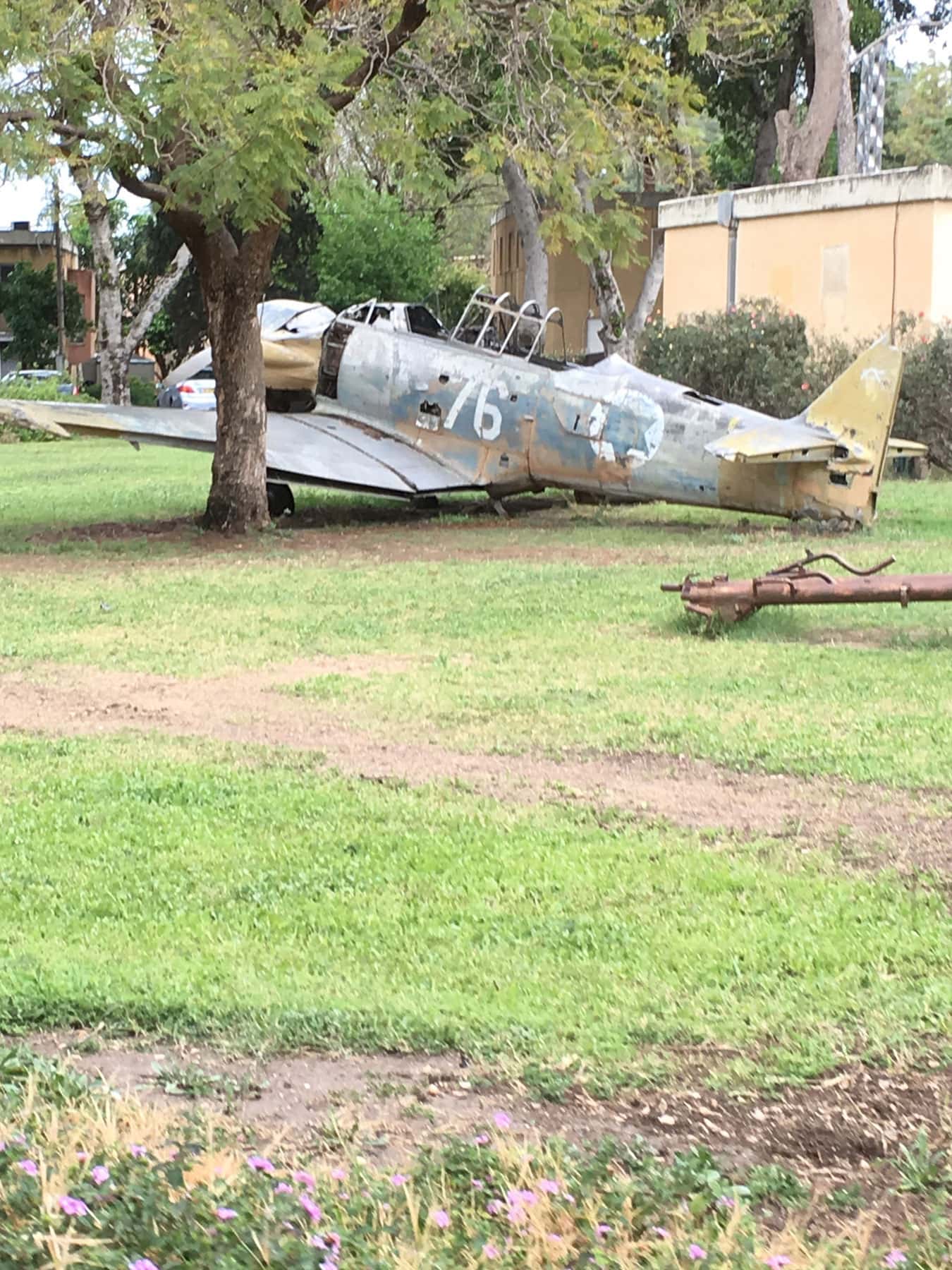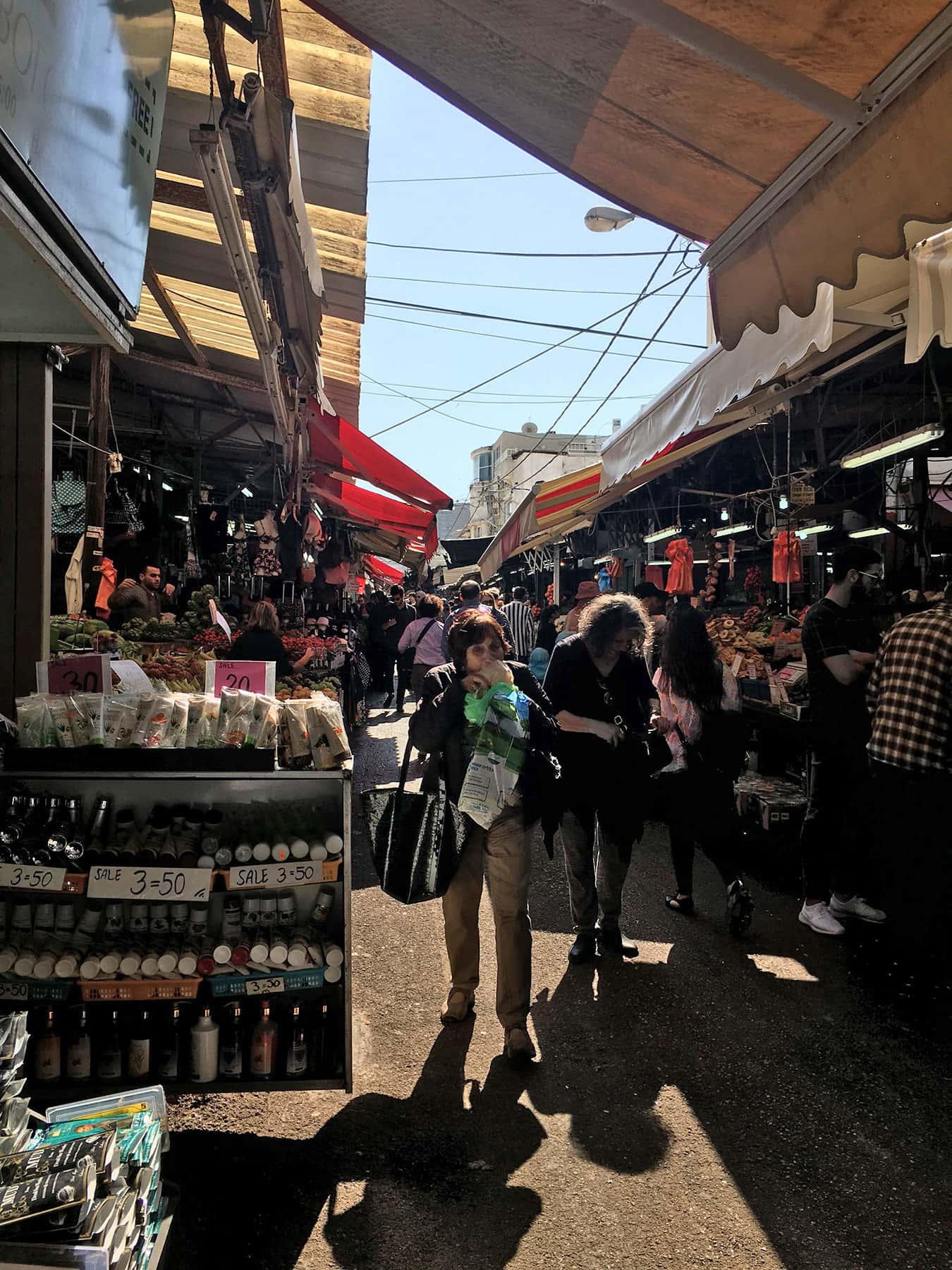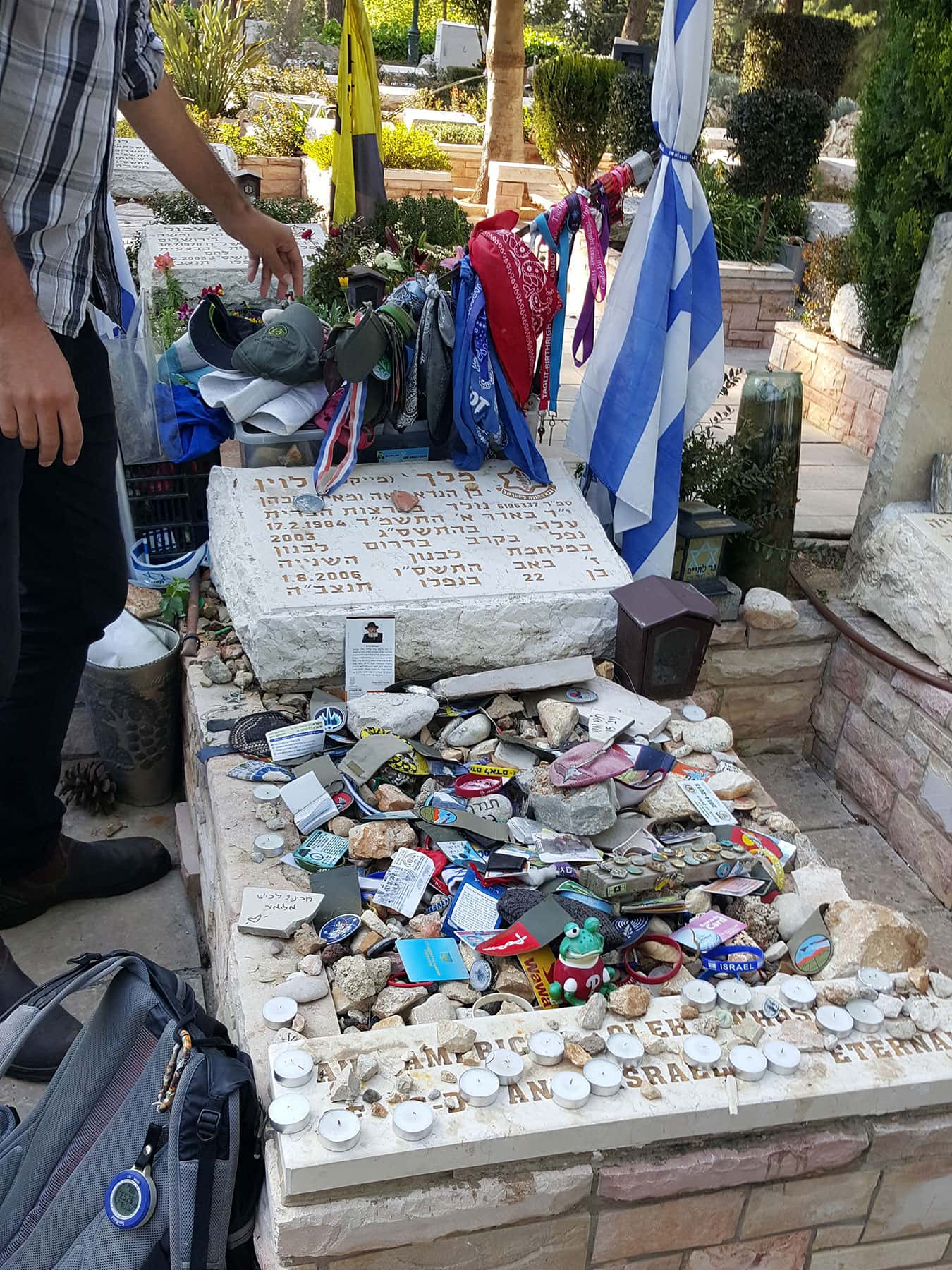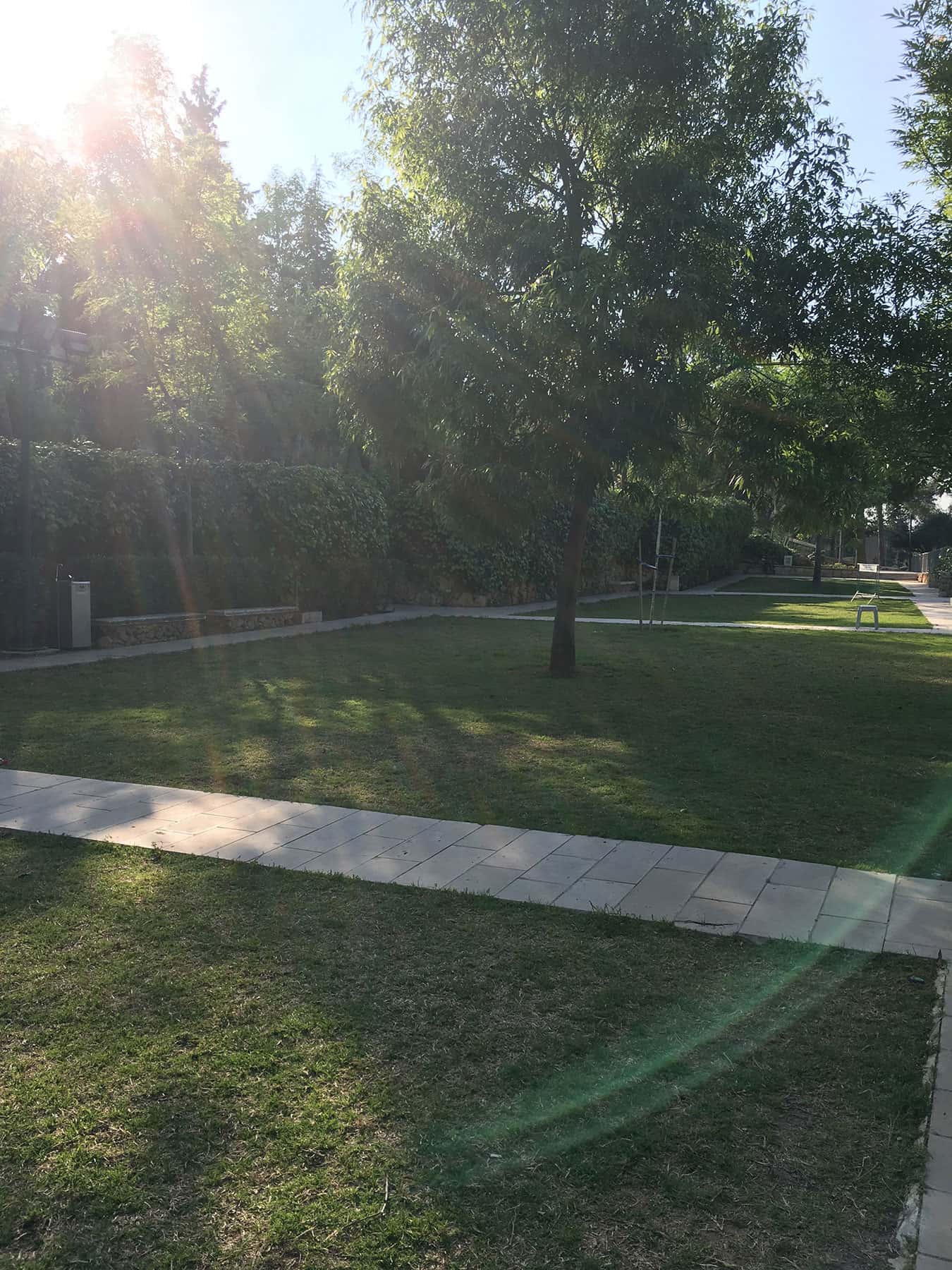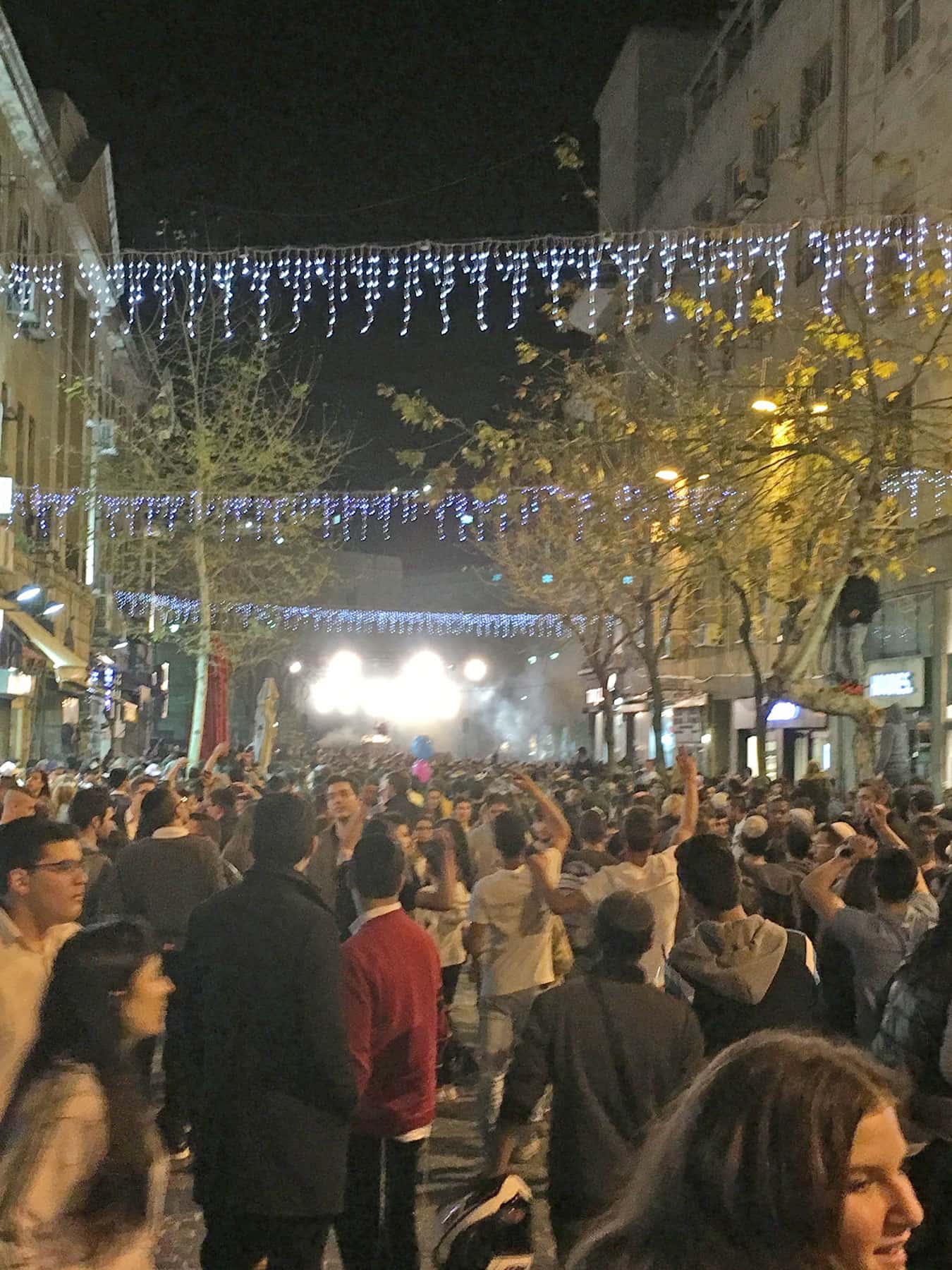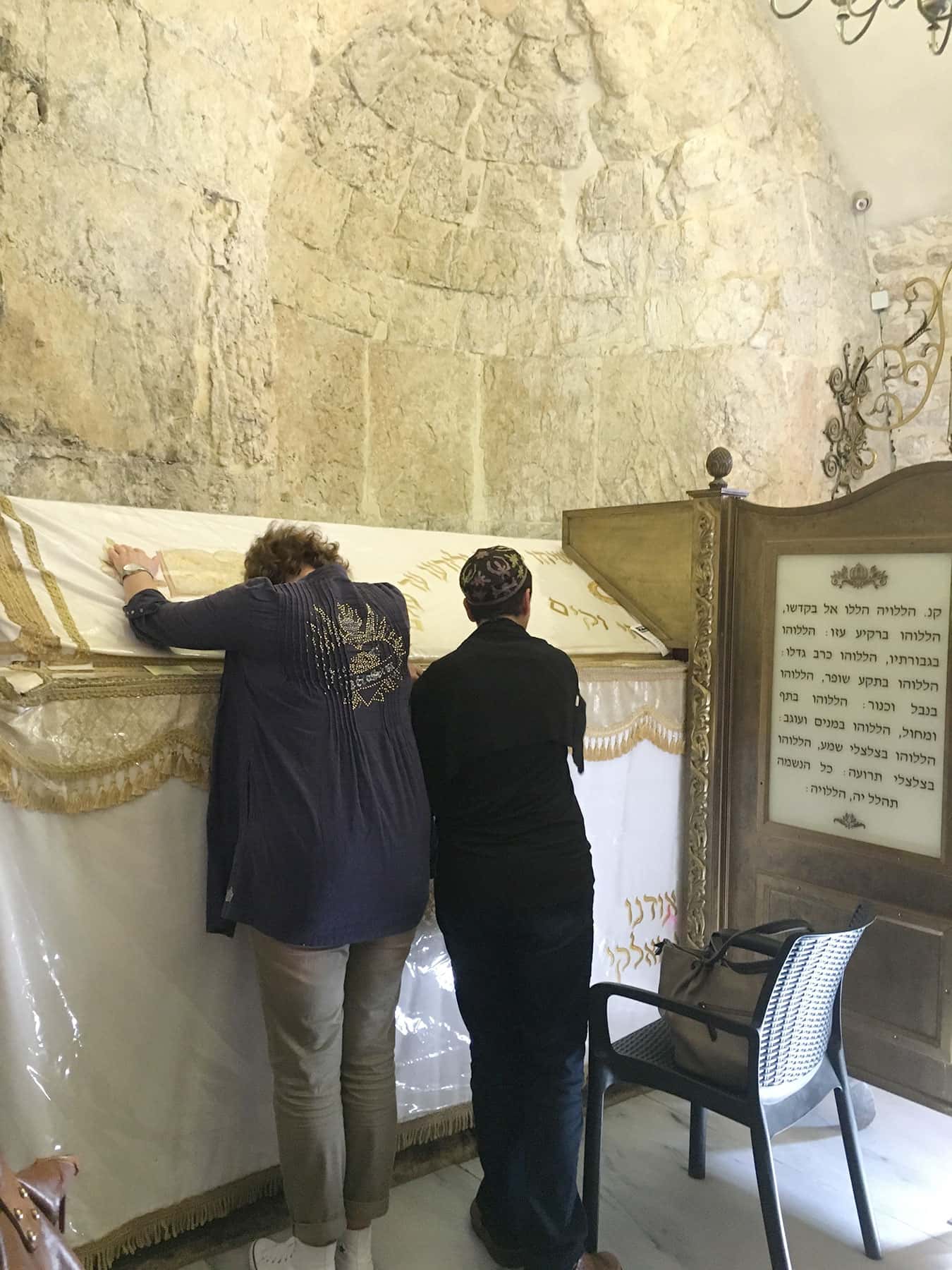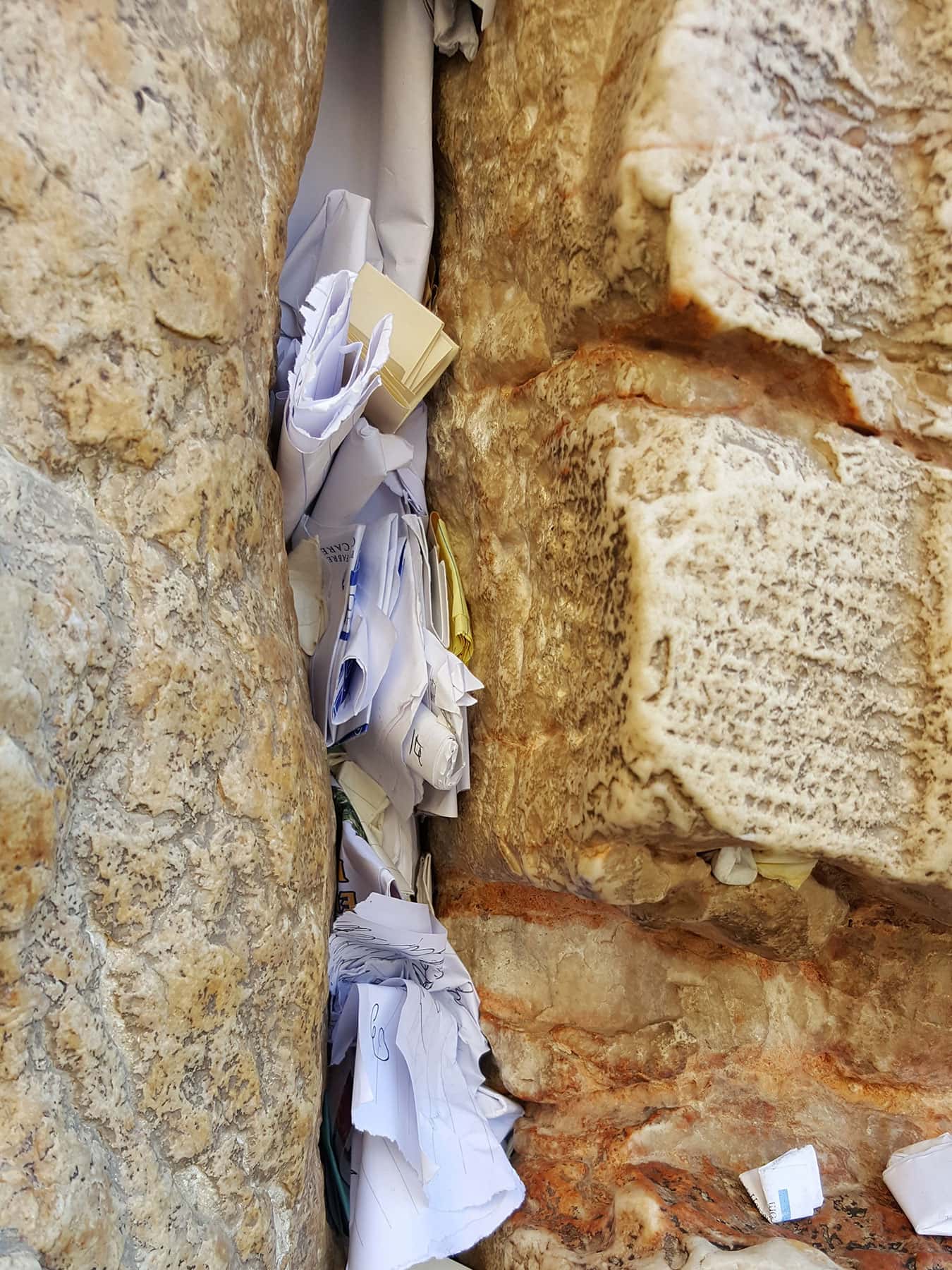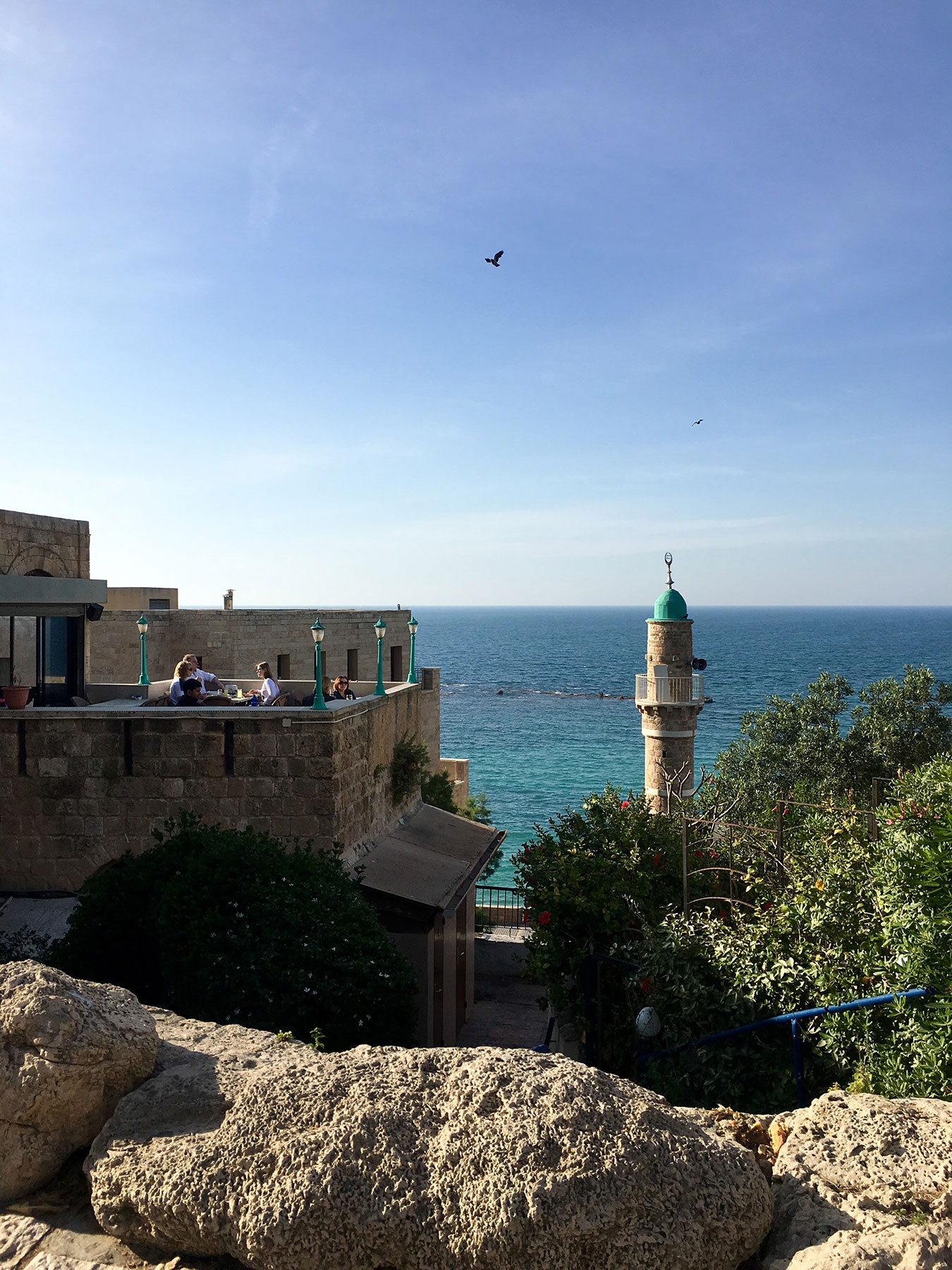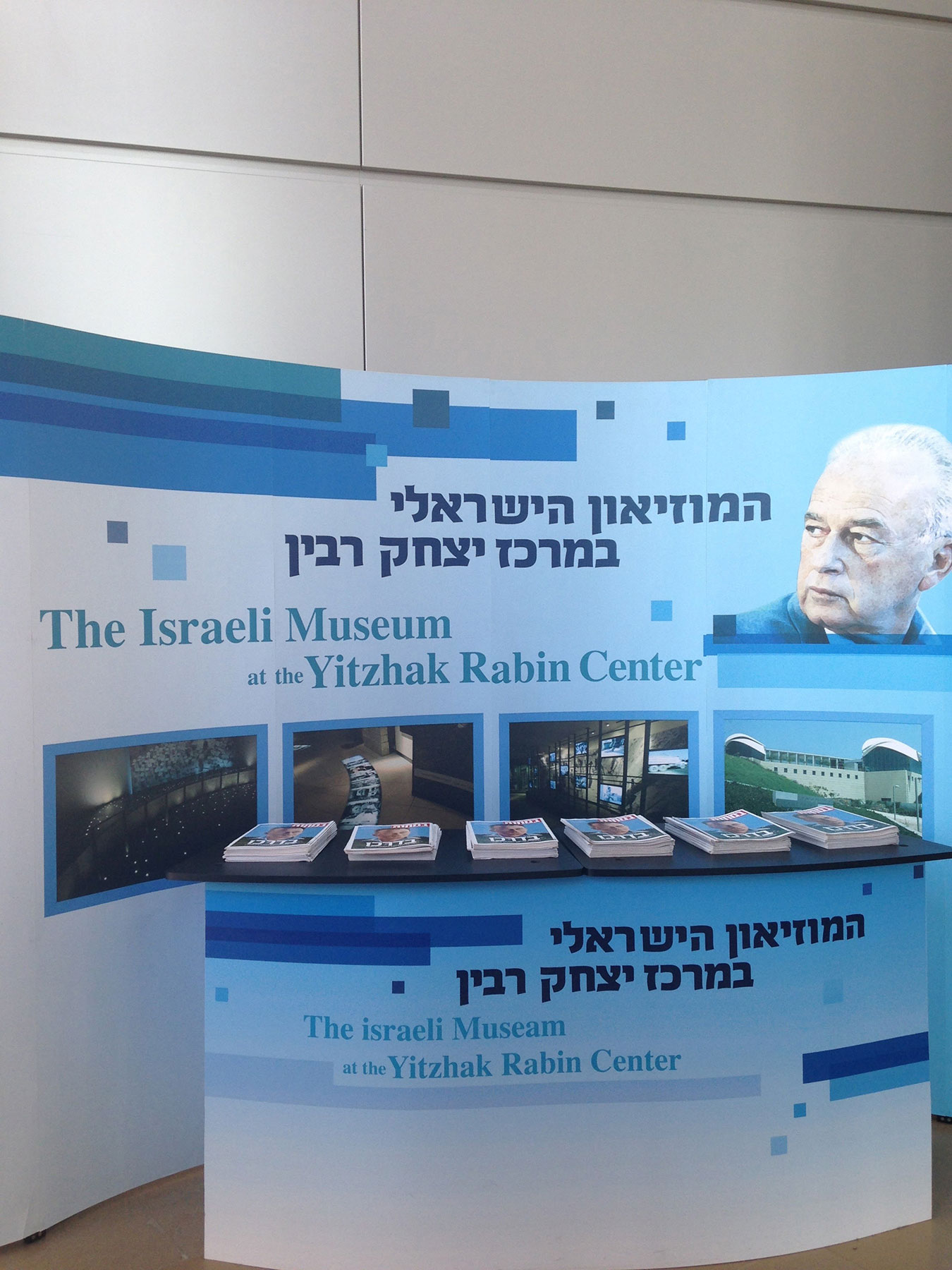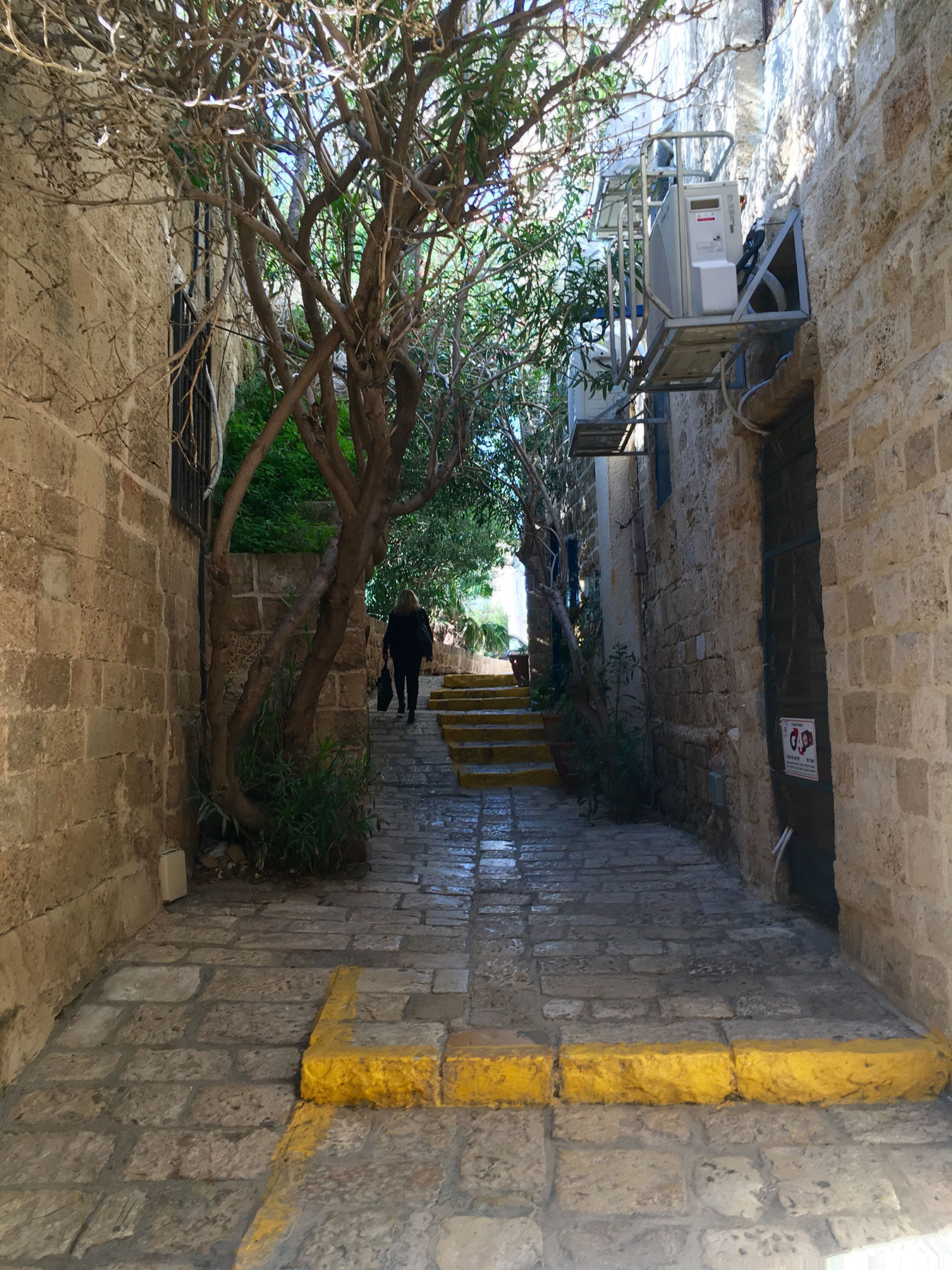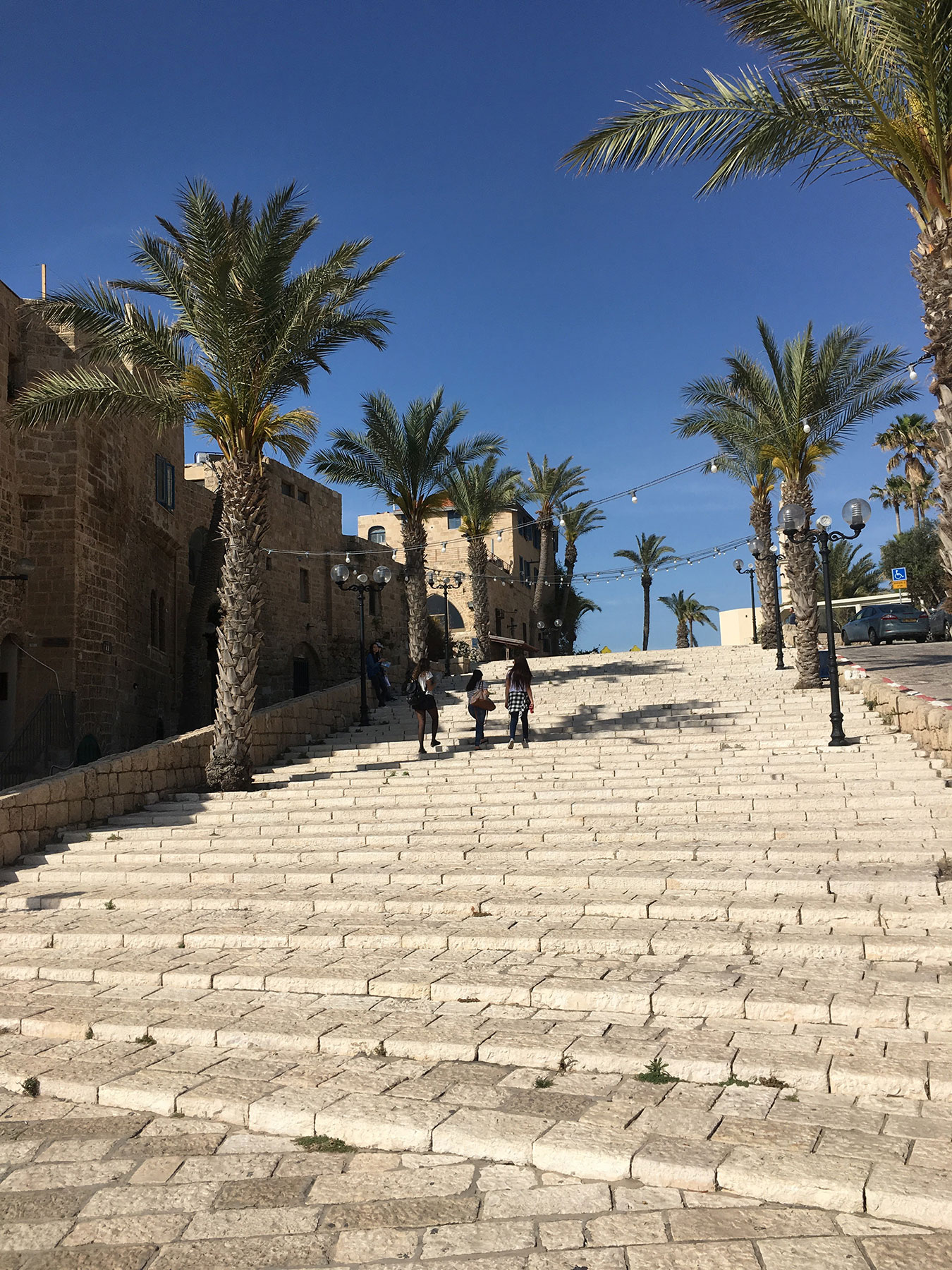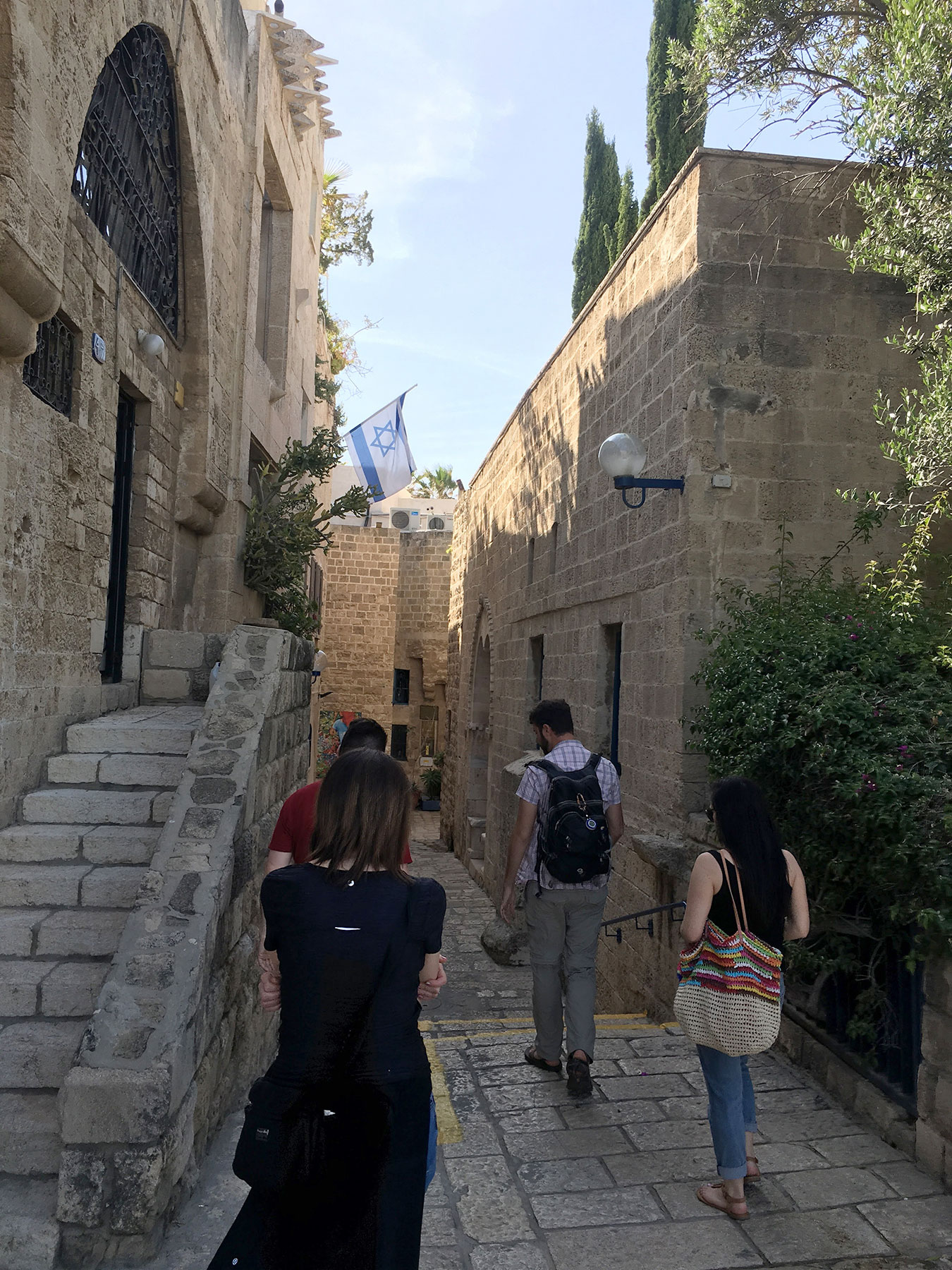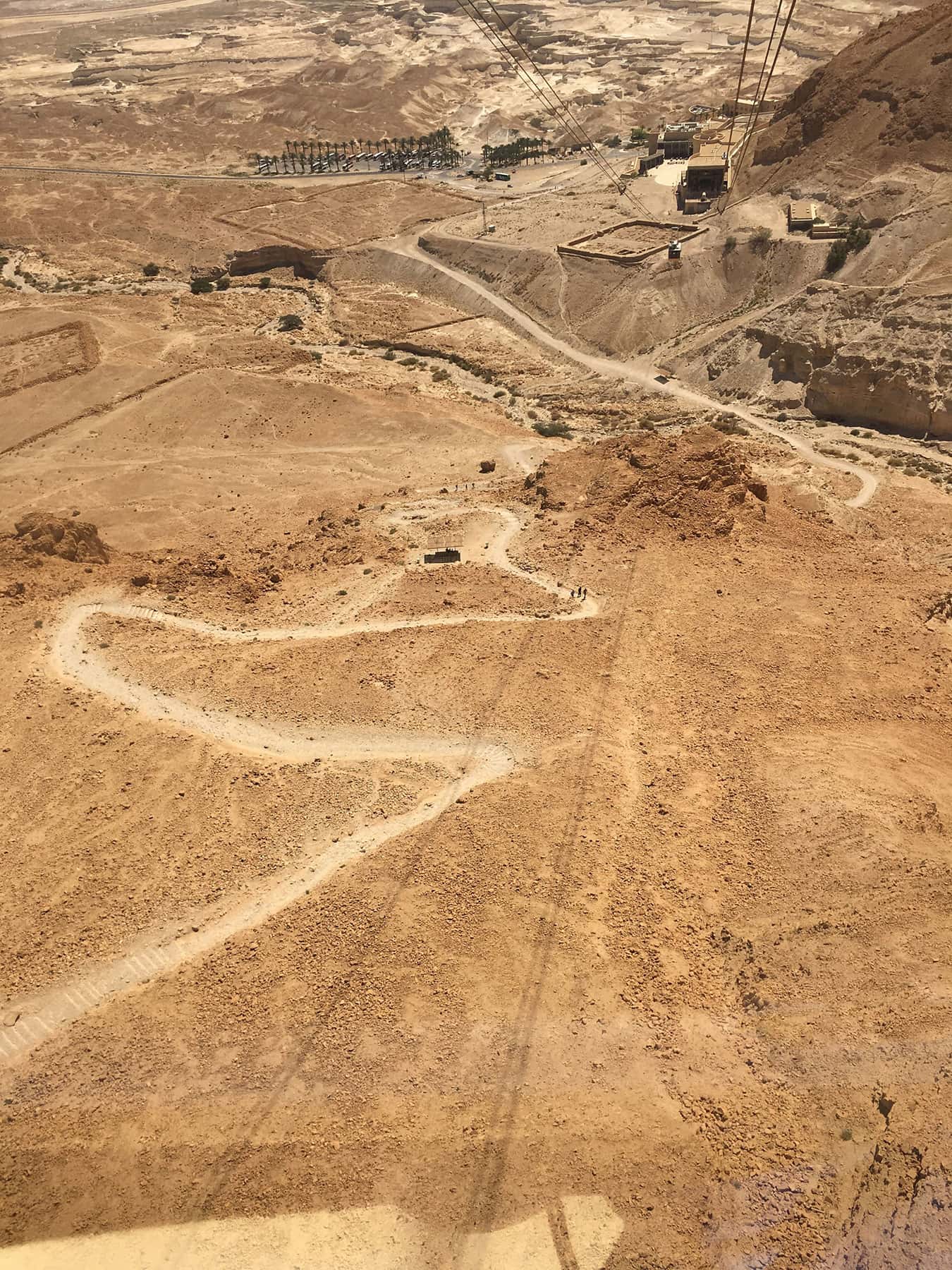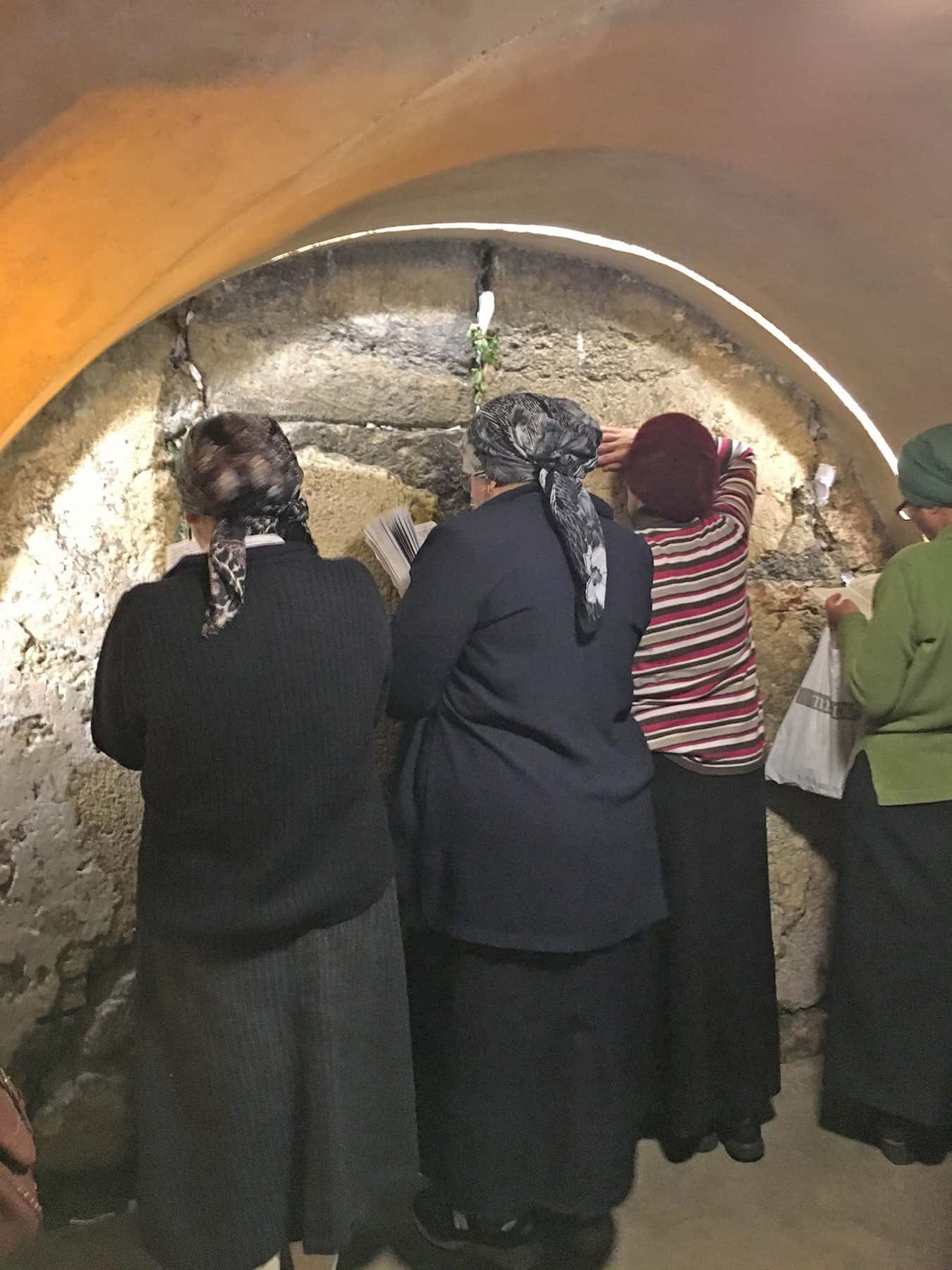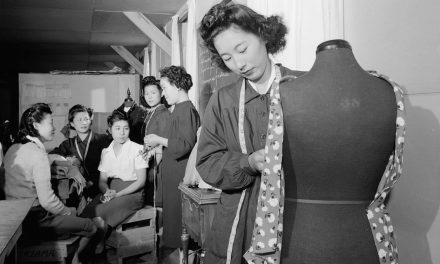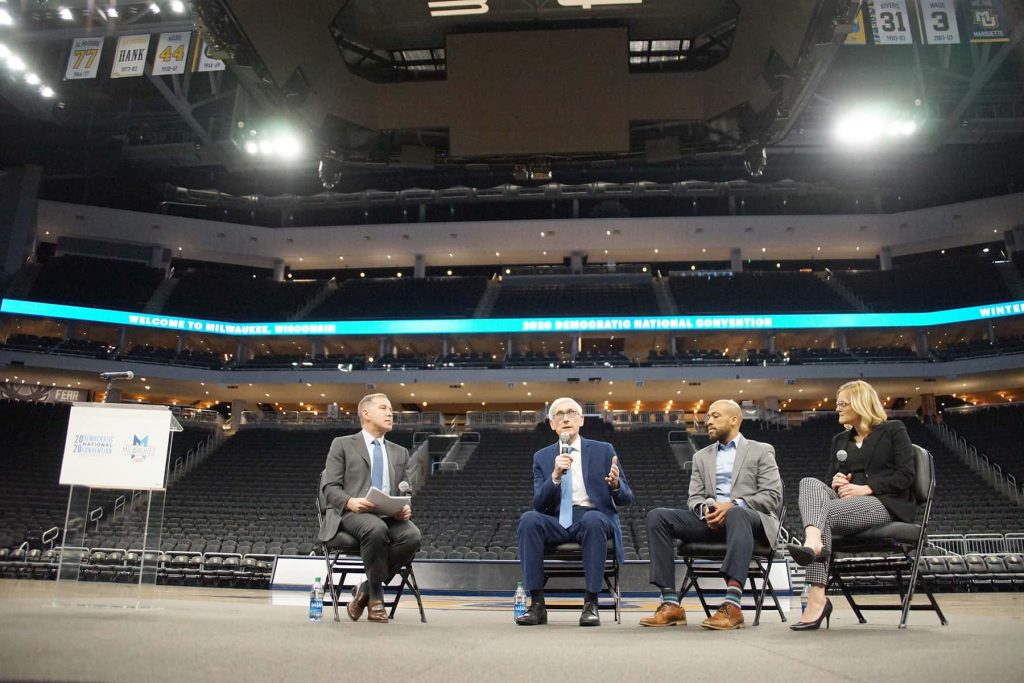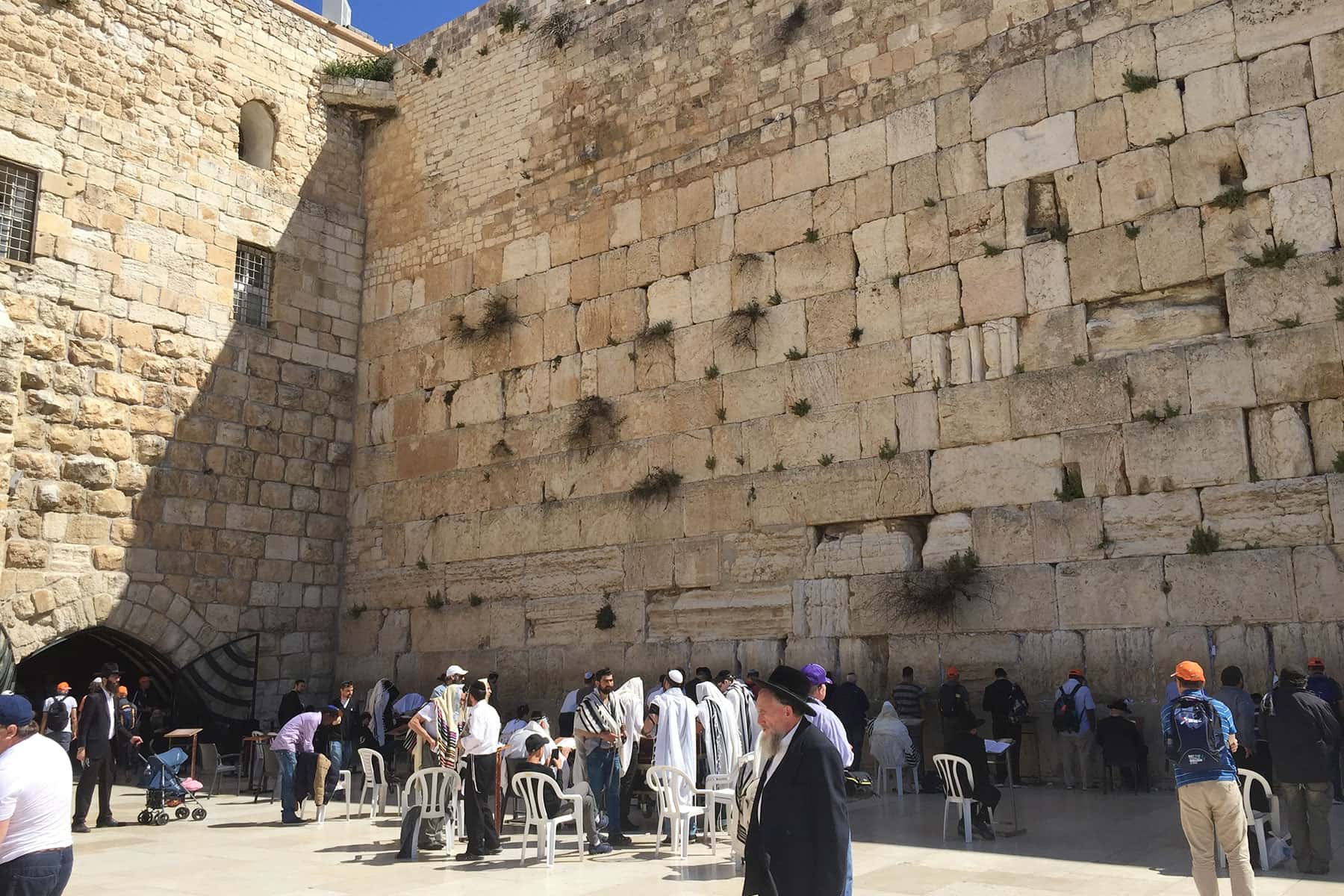
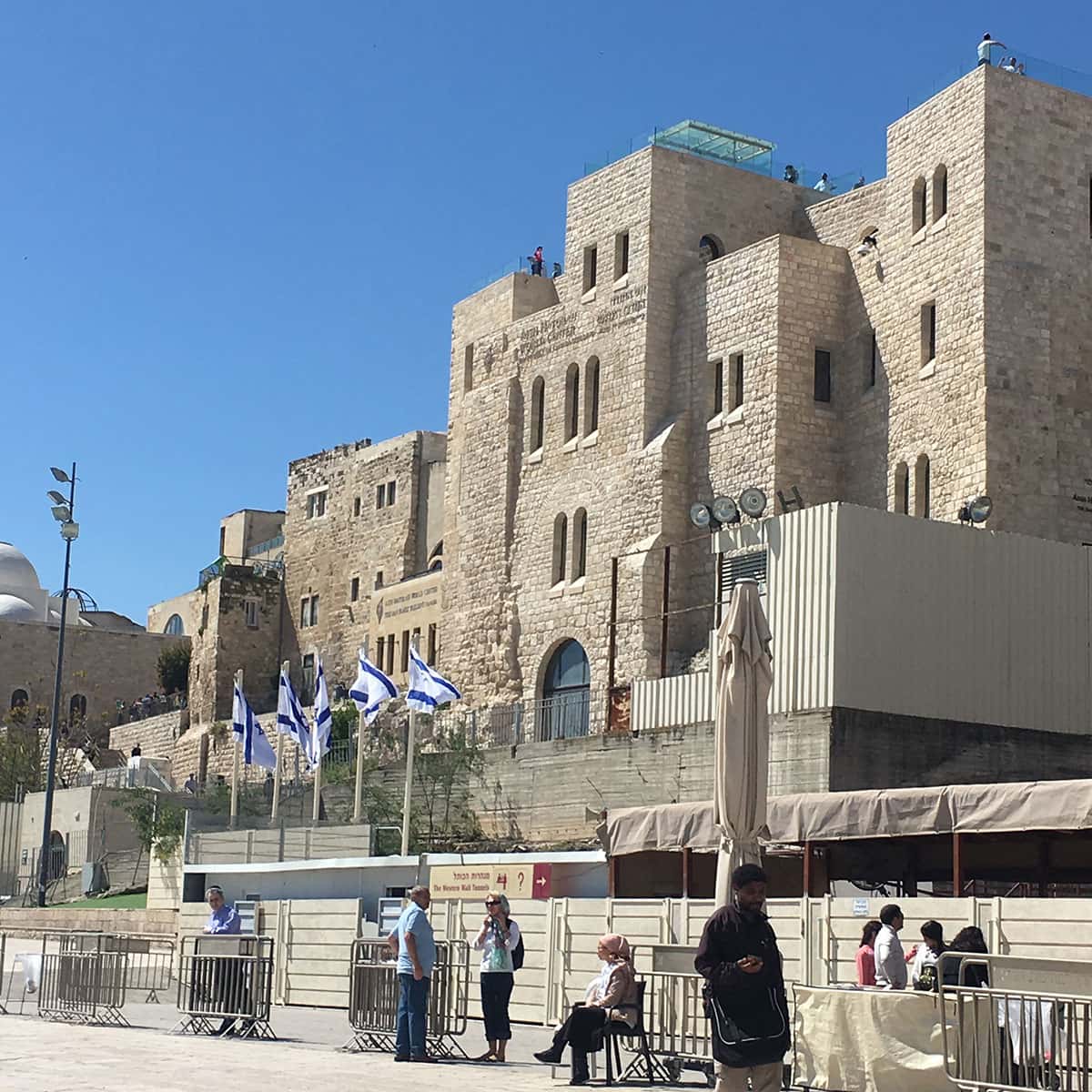
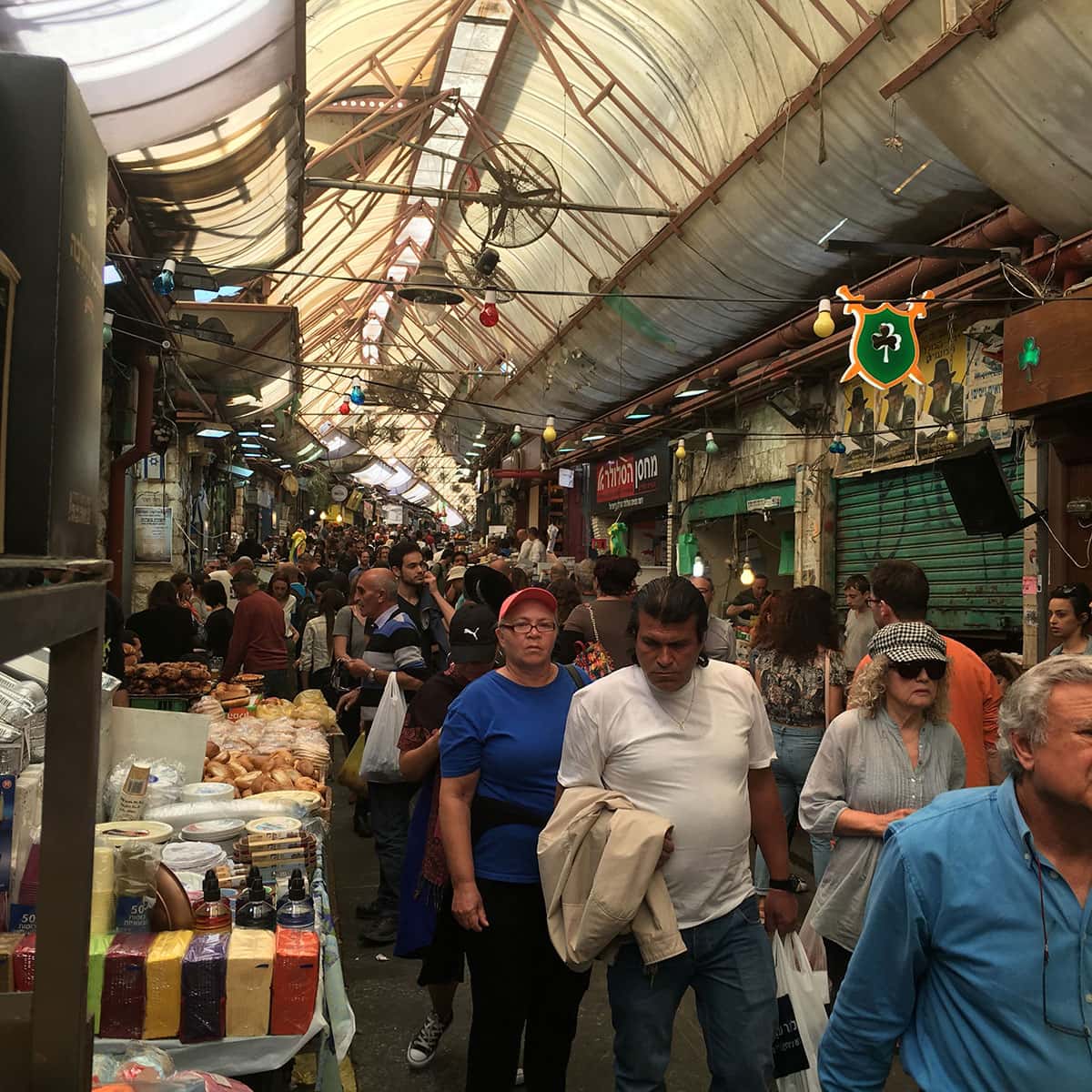
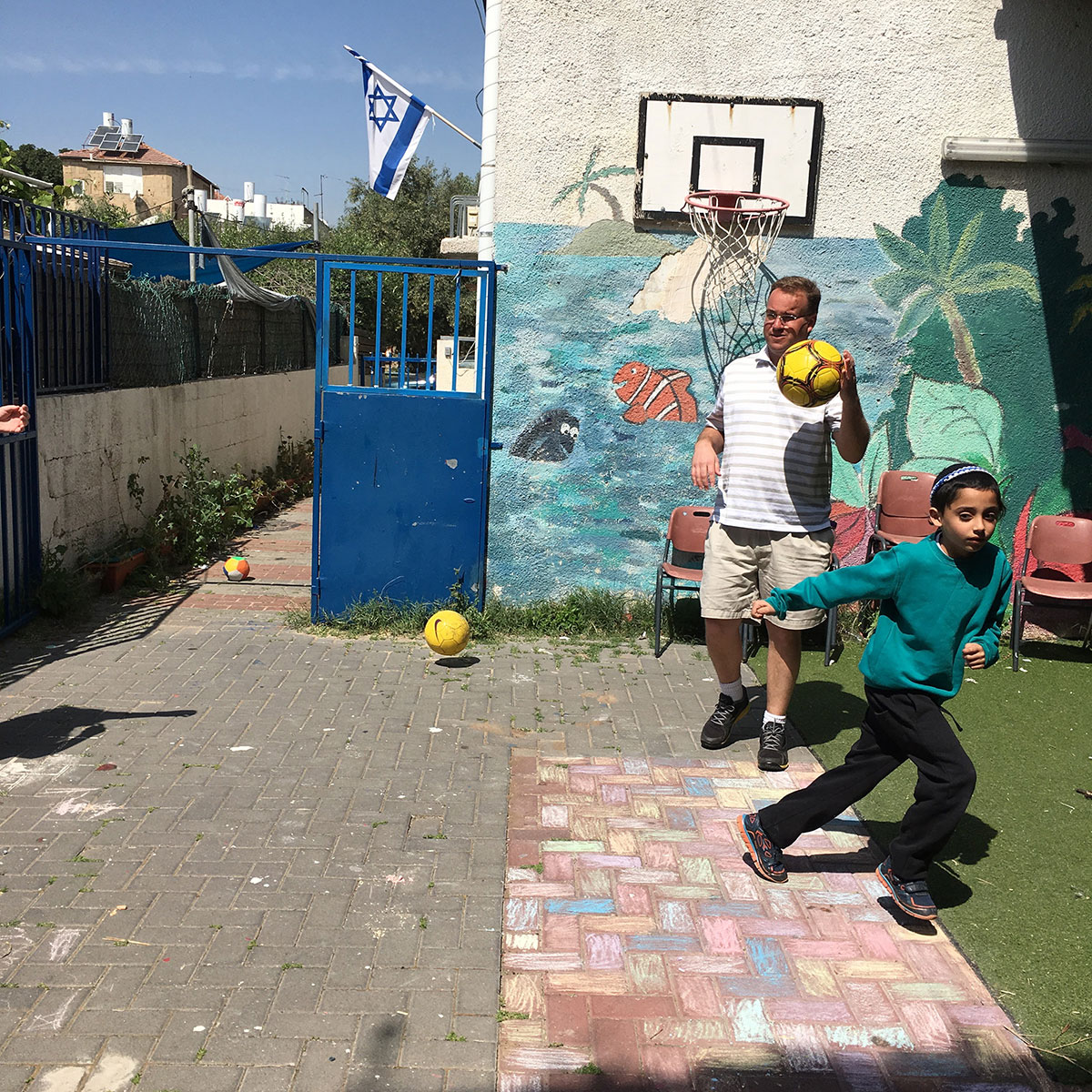
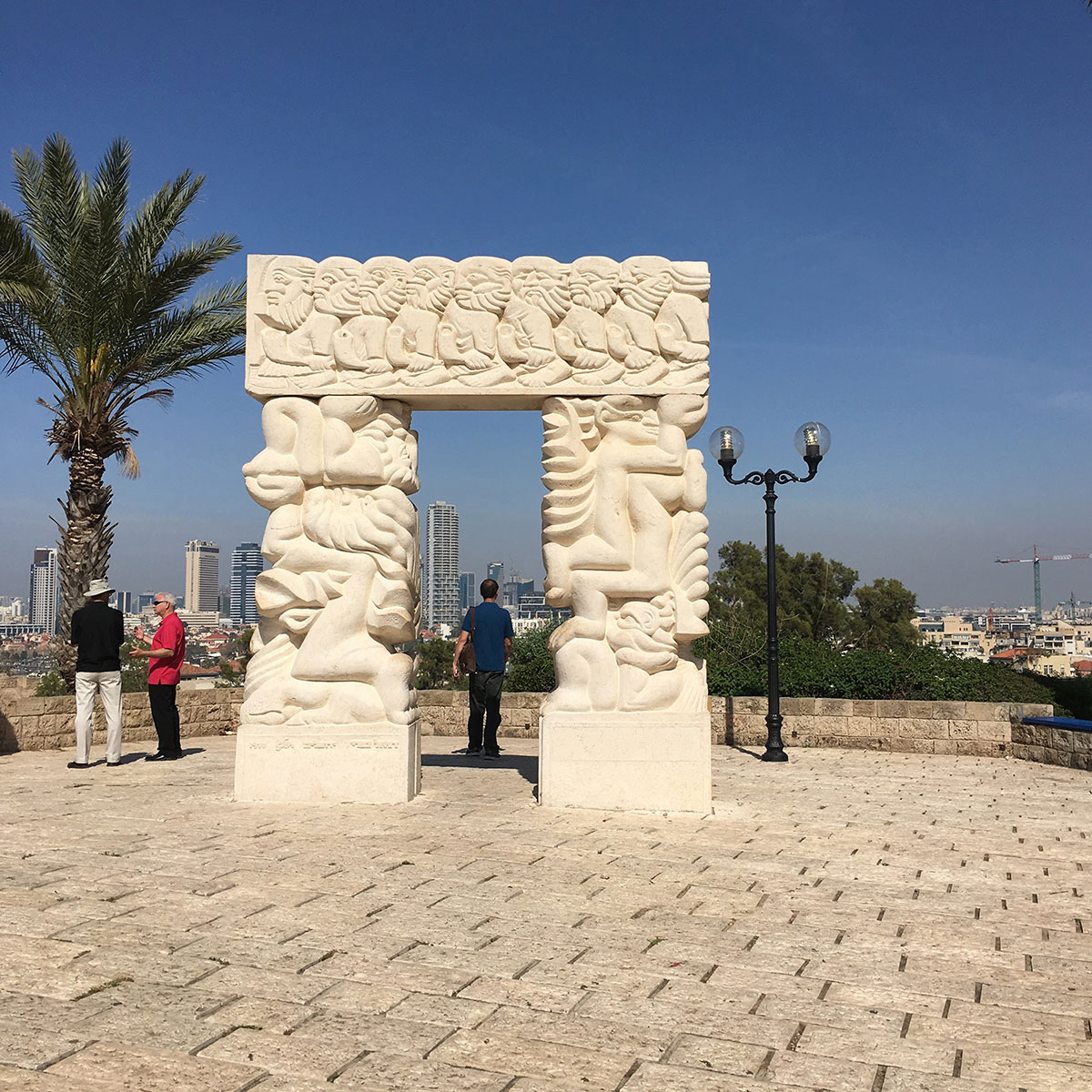
Ten years ago, at the age of 18, I traveled to Israel for the first time as a part of Taglit-Birthright. Birthright is a fully-funded trip to the Holy Land for young adults who have never been to Israel. I signed-up for the journey during winter break of my freshman year in college. My first visit to Israel was memorable, beautiful, and incredible. But it was not the soul-touching and spiritual experience I expected. This was due in large part to my perspective from being only 18.
In the years since Birthright, I have had other chances to visit Israel, but passed on them. Then a travel opportunity came along that would subsidize a return trip. I did not jump at the idea. Instead, I eased into it. Finally, I decided that it was time to go back. At 28, it would be a much different experience.
And so, from the end of March to early April, I spent eight days in Israel with a small group of young Jewish leaders. Part of the Weinstein Fellowship, it was organized by the Milwaukee Jewish Federation as a program to learn about the Israeli culture and the many good things that the Jewish Federation does abroad.
In addition to visiting the must-see historic sites, we were encouraged to spend our free time exploring the cities of Tel Aviv and Jerusalem. We started the trip with a two-day homestay in our partnership region, which was in the northernmost part of the country, staying in the small cities and towns surrounding the Galilee.
The warmth of the homestay set the stage for us. We were not simply tourists. We were welcomed and embraced, young Jews returning to our homeland, eager to find connections.
Growing up Jewish in Milwaukee, I was taught to support Israel 100 percent, no matter what. At least, that was how I understood my duty. This presented a huge moral dilemma as I got older and matured in my independent thinking. I found myself disagreeing with many of Israel’s policies and laws. Did this make me a bad Jew? Could I question the actions of government while supporting the Israeli people?
This is an issue I think many American Jews struggle with. But after going back to Israel, my perspective has changed and I no longer feel that internal struggle.
During my trip I learned that it is natural to question everything, the actions of the government, the Israeli people, the world. It is possible to want a Jewish homeland but disagree with the ways in which it is maintained. And it is not a hushed conversation. The discussions are out in the open all the time. Kids and adults alike demonstrate and protest, they do not simply stand by passively as decisions are made over things they disagree with.
Visiting Mount Herzl, Israel’s military cemetery, gave me a new appreciation for our lives in America. We are not expected to go into the army here. If we do, there is a good chance we will never see war, and certainly not on our own soil. Most of us cannot count on one hand the friends we have lost before the age of 30. In Israel, it is normal to recite a long list of names of friends and family members who all died too young.
Nowhere is the struggle between the national desire, the cultural need, and regional conflicts over policies for a Jewish homeland more evident than at Mount Herzl. The Mount of Remembrance is the site of Israel’s national cemetery, named for Theodor Herzl, the founder of modern political Zionism. The grave of Milwaukee’s own Golda Meir can be found there, along with the thousands of Israeli soldiers who gave their lives defending the nation since 1948.
Walking through Jerusalem’s military cemetery, my heart was both broken from loss and swollen with pride. Here lay thousands of Jewish, Christian, Muslim, and Druze soldiers, who fought what seemed to be endless wars defending the only democracy in the Middle East.
Many graves belonged to those who believed so strongly in Israel’s right to exist that they emigrated to the country from the U.S. and other nations around the world. They joined the Israeli Defense Force and sacrificed their lives along with Israeli brethren who had been drafted into the army.
Our tour guide pointed out a few plots of mowed grass and called them “the most valuable grass in Israel.” These plots were for graves of future wars. These open spaces weighed the heaviest of all in my heart. The commitment and cost to defend Israel, not just from Jewish Israelis but from people of all religions and nations of the world, was overwhelming.
Israel survives, and even thrives. Its economy is strong, built from the intelligence and imaginations of so many Israelis. Army conscription and the possibility of war are just facts of life.
Another part of that life is the public disagreement with Israeli policies and actions. I had to return to the Holy Land to learn that vocal disagreement does not mean that anyone is any less of a Jew or Israeli. Simply that they believe their country can be better. And that is something we all want, regardless of where we live.
As I have returned to my life in Milwaukee, less than a month after returning from Israel, I feel a deep yearning to go back. Israel is a country full of challenges. But also a country full of hope, spirituality, and change.
Israel inspires me by setting an example of openness, recognizing the important issues, and being willing to discuss and debate them. All these things make for a strong democracy, and should be embraced around the world.






